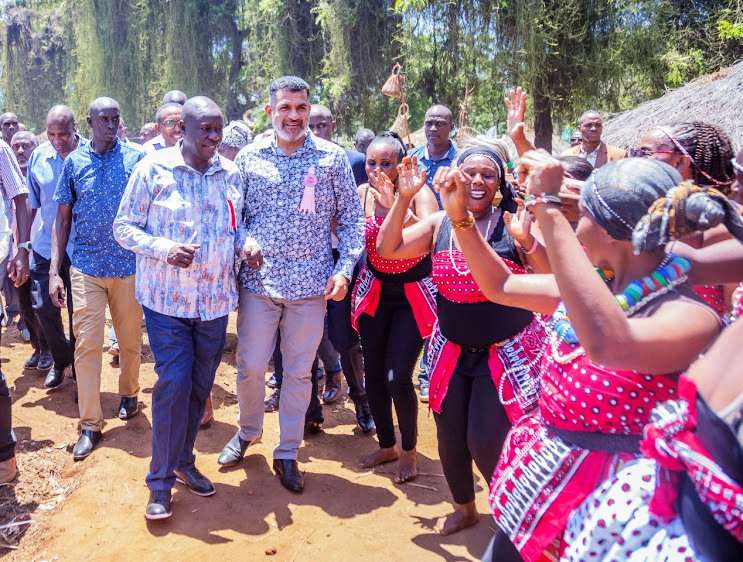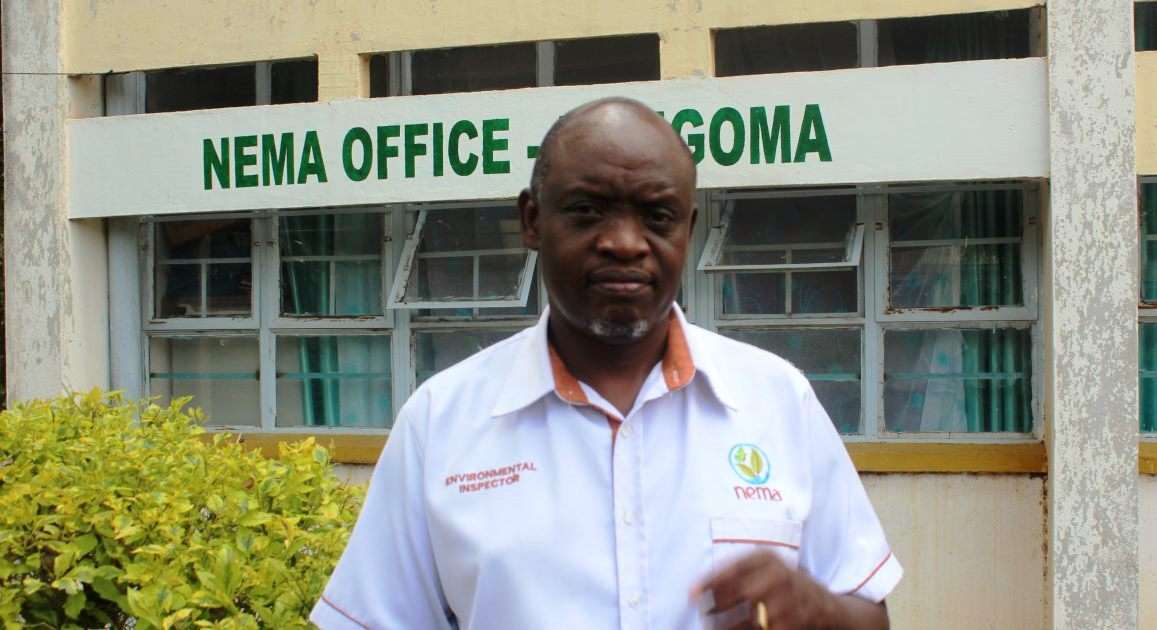Kenya’s ambitious Universal Health Coverage (UHC) programme, a flagship project of President William Ruto, is now mired in controversy, with a staggering Ksh 104.8 billion having been poured into a digital health system that is fast turning into a scandal of monumental proportions.
The issue has forced senators to launch a high-stakes probe into the Social Health Authority’s (SHA) Integrated Healthcare Information Technology System (IHTS)—a project shrouded in secrecy, riddled with procurement irregularities and entangled in allegations of state capture.
At the heart of the controversy is the ownership of the system, a critical component of the UHC programme. Why is Kenya’s health data being controlled by private entities? A senator demanded answers.
The revelations are explosive, with private individuals appearing to be running SHA operations and bypassing government oversight. The contract also bars the government from adopting alternative systems, effectively creating a monopoly. Additionally, Kenya’s Controller of Budget is locked out of the process, with SHA operating outside the Consolidated Fund, raising red flags over accountability.
The system was procured under a Specially Permitted Procurement Procedure (SPPP), allowing a single-sourced consortium to run the project. While Safaricom PLC leads the consortium, its actual stake is just 13%—raising the question: who really controls this billion-shilling operation?
The other key players, Apeiro Limited and Konvergenz Network Solutions Limited are reported to have been handpicked for the job. But why?
Staggering Financial Details-The financial terms of the deal are eye-opening:
- A 2.5% control fee on members’ contributions and a 5% charge on health facility claims—hidden from the public.
- Ksh 111 billion in projected revenue from track-and-trace fees (1.5% per transaction for 10 years), funnelled into private hands.
- Ksh 7 billion was allocated for training, support, and customer education—yet with no clear details on the number of health workers to be trained or why the cost is so high.
- Daily and weekly fund transfers into an escrow account, raising further concerns about financial integrity.
Foreign Arbitration: Kenya’s Laws Sidestepped
Perhaps most controversially, the contract places dispute resolution under the London Court of International Arbitration (LCIA), bypassing Kenya’s legal frameworks, such as the Public Procurement Administrative Review Board (PPARB).
Why would a Kenyan government project be subjected to foreign arbitration instead of local oversight? Is there something the Ministry of Health is afraid of?
Okiya Omtatah Sounds the Alarm on Hidden SHA Funds
Firebrand Busia Senator Okiya Omtatah has gone further, exposing two additional SHA funds hidden beneath the surface. While public discourse has largely focused on the Social Health Insurance Fund (SHIF), Omtatah insists that two other funds—one for primary healthcare and another for emergency healthcare—could serve as loopholes to siphon billions from the Consolidated Fund.
“I hope this isn’t another scheme where taxpayer money will be diverted under the guise of unforeseen circumstances,” Omtatah warned.
As senators dig deeper, Kenyans are left wondering: is this health system truly designed to benefit the people, or is it just another billion-shilling cash cow for the politically connected?
With high-ranking state officials linked to the contract, pressure is mounting on President William Ruto’s administration to come clean. If the government fails to act, this could become one of the biggest financial scandals in Kenya’s history.
The people demand answers. The government’s next move could determine whether Kenya’s healthcare system is saved—or sold to the highest bidder.





